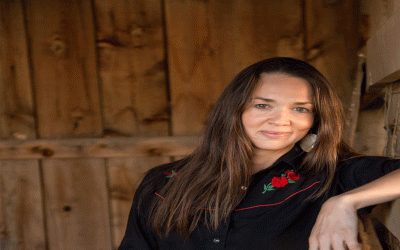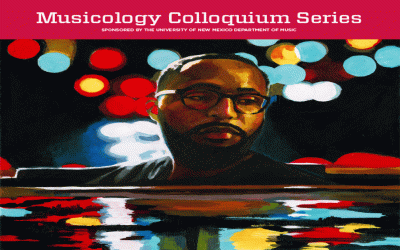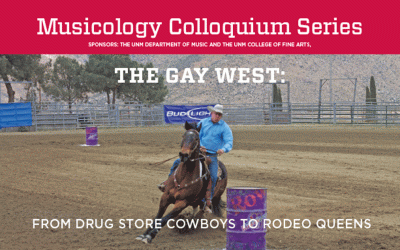DIFFERENT RIVERS:
Sardinian Hill Country and the DIY Ethos of River of Gennargentu
Presented by Diego Pani
Tuesday, November 13th 2018
2:00 – 3:30 p.m.
Fine Arts and Design Library – Main Foyer
In the summer of 2014, the Bluesman “River of Gennargentu” released, on his SoundCloud page, three songs of hill country blues, sung in English and played with a technique like those of historical Delta blues artists, recorded in low-quality sound. Within a few months, the web page collected dozens of comments from users who were amazed by this new “discovery” and demanded the real artist’s origin, as-yet-not-specified. For many listeners, these songs seemed played by an American bluesman: the Gennargentu, however, is not in the United States, but is in fact a mountain range in central Sardinia (Italy). “River of Gennargentu” is from a little Sardinian village named Gavoi, and produces his music drawing inspiration from the US blues musicians of the early 1900s, declaring his love for the DIY philosophy, building his own instruments and using low-fi home-recording techniques. This talk shows how rural blues is redefined by musicians in relation to Sardinian territory, thanks to a complex alternation of retro-mania (the idealized American past) and the idealistic claim which see in the DIY a way to revive the “raw” spirit of the origins of the blues, adapting this one to the cultural space of Sardinia.
Diego Pani works as ethnomusicologist with the Sardinian instituto Superlore Regionale Etnograflco (ISRE). He is also a Ph.D. Student in Ethnomusicology at Memorial University of Newfoundland, Canada. His research focuses on the dynamic of music performance of young generations of musicians in reference of social meaning via audio and video materials in the vernacular traditions of Sardinia. He is also interested in the study of local DIY blues musical scenes, with particular reference with the Sardinian one. Additionally, he is engaged in the production of documentary films, web documentaries, and photo reportages. Besides his academic work, he sings in the rock ’n ’roll band King Howl and manages Talk About Records, a DIY record label specialized in blues, rock ‘n’ roll, and punk rock music.
This event is sponsored by the UNM Department of Music, Outpost Performance Space, Italian Festivals of New Mexico, Albuquerque Italian Language and Culture Group, Talk About Records (Sardegna), the College of Fine Arts, and the Society for Ethnomusicology.
Dr. Kristina Jacobsen awarded The Fulbright Con Il Sud Award for Teaching and Research
Dr. Jacobsen, was recently awarded the Fulbright Con Il Sud Award for Teaching and Research to support her upcoming research during her sabbatical year on the Italian island of Sardinia [Sardigna].
Heterophony: Texture, Technique, and Social Commentary
This lecture is in two parts: the first draws from my research on the 1960s jazz avant-garde and musicians’ interests in heterophonic musical textures. For the second part, I perform original music that utilizes heterophony and “noise” in a solo electronic and improvised format.
The Gay West: From Drug Store Cowboys to Rodeo Queens
The masculine ideal represented by the American cowboy is variously interpreted by spectators, dancers, musicians, and contestants at gay rodeos and country western dances across the U.S. Examining embodied gender practices within these communities, this talk articulates the sonic, social, and geographical spaces of the gay American West.



